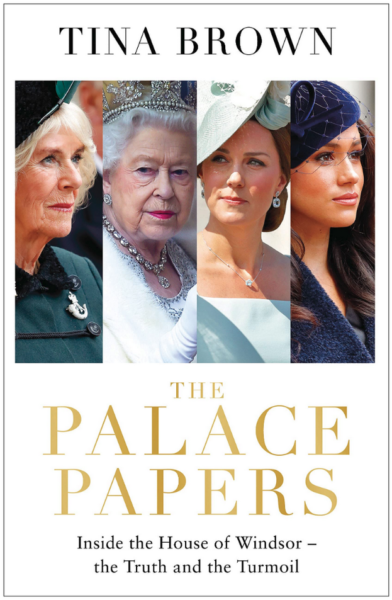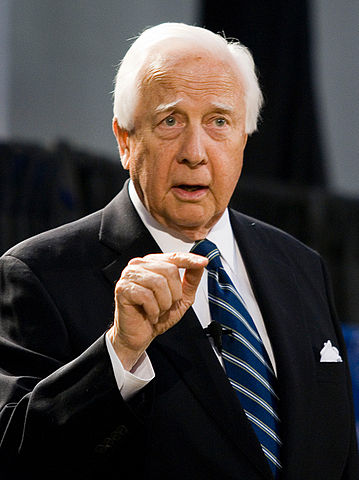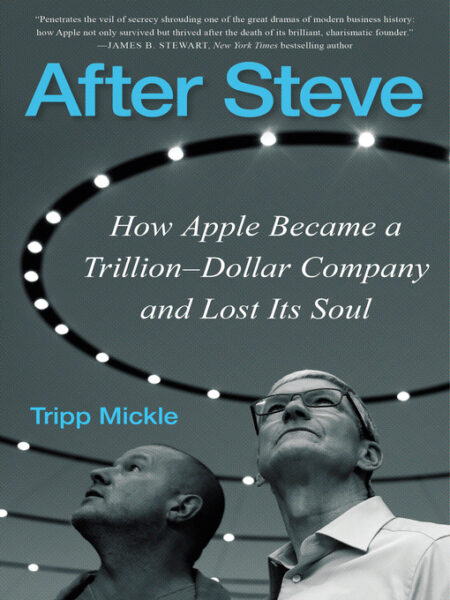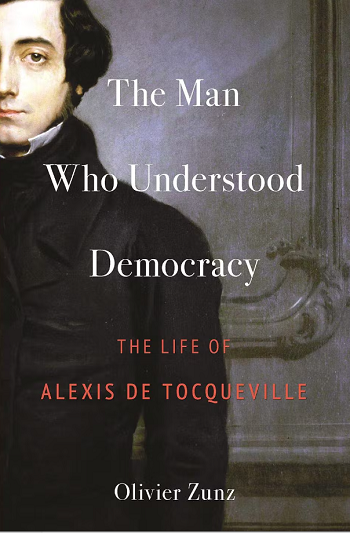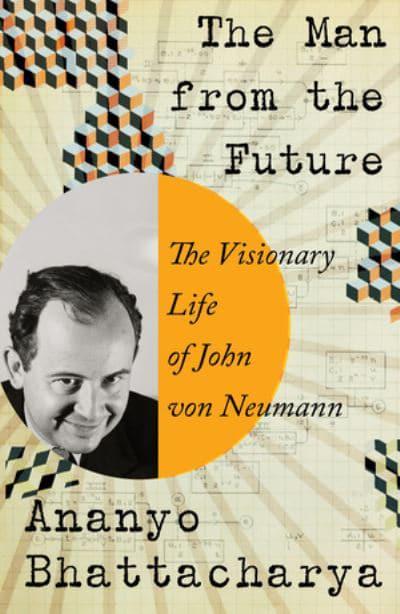Dominic Sandbrook had the misfortune of having fever dreams in which he found himself pursued by Kwasi Kwarteng. I sympathize, having recently had similar fever dreams, though lacking Mr. Kwarteng’s participation. His very brief time as Chancellor was as unpleasant for all concerned as it could have been:

Detail of a photo of Kwasi Kwarteng at a meeting with the US Ambassador, 25 August 2022.
Photo by the Office of U.S. Ambassador to the United Kingdom via Wikimedia Commons.
Nightmares about public failure are very common. There can be few readers who haven’t dreamed about turning up to an exam entirely unprepared, or about walking onstage having neglected to learn the lines. Anecdotal evidence suggests that the more you care about such things, the more likely they are to haunt you, which is why they’re so common among academic high-achievers. So perhaps Kwarteng himself, whose academic credentials are second to none, has had such dreams. And if he did, here’s the twist. His nightmares came true.
What happened to Kwarteng on Friday — and again yesterday, when Jeremy Hunt ripped up his mini-budget, poured petrol on the debris and set the whole thing alight — was more than your standard political sacking. It was a humiliation on the grandest possible scale, as the Chancellor was forced to fly back early from Washington, with some 6,000 people gleefully tracking his flight, before Liz Truss delivered the inevitable bullet. He had been in command at the Treasury for just 38 days, saved only from a post-war record by Iain Macleod’s heart attack in July 1970.
It’s hard to think of many British political figures with such a catastrophic trajectory. Kwarteng had been Boris Johnson’s Business Secretary since January 2021, but it’s a safe bet most ordinary punters had never heard of him. Then, suddenly, he was Chancellor, with a breathtakingly radical plan to defy the markets and turbo-charge a new era of growth. Then, equally suddenly, he became the most unpopular Chancellor in the history of the Ipsos-Mori poll, with even less public support than Denis Healey after the International Monetary Fund bailout in 1976 or Norman Lamont after Black Wednesday in 1992. And then he was gone, and it was all over. What a career!
You might assume from all this that Kwarteng is a fool. But he really isn’t a fool. Giving school talks, I’ve twice come across people who taught him, and both told me he was the cleverest boy they’d ever known. Were they wrong? Obviously not, for when you look at his biography, it’s a proud parent’s dream. At prep school he won a national history prize; at Eton he was a King’s Scholar and won the Newcastle Scholarship for philosophy, a competition examined by Stephen Sykes, Bishop of Ely and former Regius Professor of Divinity at Cambridge.
Kwarteng himself went to Cambridge, where he got a double first, twice won the Browne Medal for Latin and Greek poetry and even won University Challenge. He was a Kennedy Scholar at Harvard. He did a PhD on William III’s attempt to reform the coinage in the 1690s. And he’s written history books — two of which I reviewed at the time. “Well-researched and crisply written, Kwarteng’s book is a lot better than most MPs’ efforts,” I wrote of Ghosts of Empire, which examined the legacy of Britain’s rule overseas. “A politician with a sense of nuance: whatever next?”
For much of his gilded life, then, Kwarteng knew only success. And when he looked forward, he could reasonably expect more in the future. When he daydreamed, he surely imagined himself as a titanic reforming Chancellor to rank alongside William Gladstone or Sir Geoffrey Howe — and perhaps even as Prime Minister. And now? He’s the answer to a quiz question, the 38-day Chancellor whose tax bombshell exploded in his own face. To put that another way, if he were an England football manager, he’d be the love child of Steve McClaren and Sam Allardyce.
Omnium consensu capax imperii nisi imperasset. “All would have agreed that he was capable of being emperor, if only he had never been it.” So wrote Tacitus of the short-lived Roman emperor Galba — who, in fairness, lasted almost seven times longer in his top job than Kwarteng did at the Treasury. It’s a line that often recurs in British political commentary. I’ve seen it applied to Prime Ministers as diverse as Lord Rosebery, Arthur Balfour, Sir Anthony Eden, Harold Wilson, Gordon Brown and Boris Johnson. Perhaps that tells you something about the job — an office in which, one way or another, failure is almost guaranteed.

